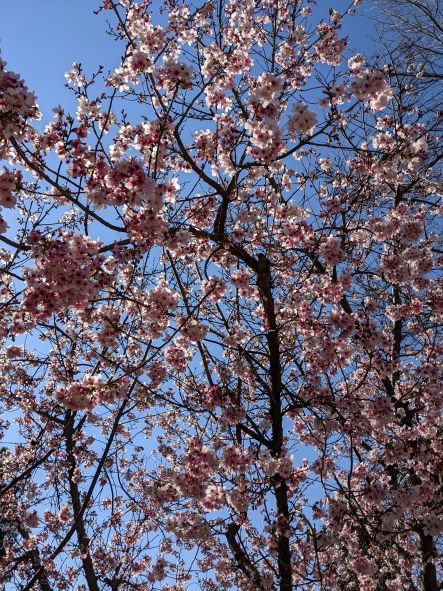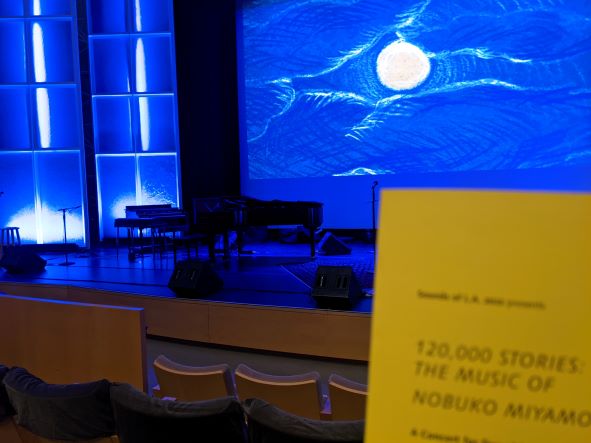This is the English translation of my Japanese article to appear in Nikkan San on March 6th, 2022, as a part of my bi-weekly column, “The Way of the Pianist.”

Last year, even the beauty of cherry blossoms felt bittersweet in the midst of the pandemic and the consequent tight border controls worldwide. However, with the arrival of March this year, Japan significantly reduced the travel restrictions and the quarantine requirements on incoming international travelers. Japan is, once again, a reachable destination, and with that. the sakura flowers glow more pink than what I remember from last year.
At the same time, however, Putin’s invasion of Ukraine is troubling the world. As the situations escalate, a video of a Ukrainian woman went viral. She demands a Russian soldier to put sunflower seeds in his pockets “so at least sunflowers will grow when you all lie down here.”
Not all the viewers may be aware of the fact that sunflower is the national flower of Ukraine. Ukraine is also the largest producer of sunflower seeds. Sunflowers were planted in the aftermath of Chernobyl and Fukushima nuclear disasters for their ability to neutralize the toxic nuclear radiations.
The flower-loving humans are also capable of delusions that violating others’ rights and properties might somehow be to our benefit – but what is it that we think we could gain? What more is there for us and our society to want, other than joining forces to be happy and better together?

On February 19th, 1942, President Roosevelt signed the Executive Order 9066 that sent 120,000 Japanese Americans to internment camps. Nobuko Miyamoto, a third-generation Japanese American, was two years old when she started her four years in one of these camps. She became a musician in search of establishing a musical identity as an Asian-American, and a social activist committed to the social power of music. On February 19th of this year, I was at the Getty Center to witness her show “120,000 Stories: The Music of Nobuko Miyamoto, A concert for Day of Remembrance.“
Ms. Miyamoto’s show was electrifying. It combined many diverse musical cultures from all around the globe, while also incorporating Japanese instruments and idioms. From the stage, she inspired and reassured me of my own sense of mission as a musician. Music does heal and unite. While its social effect takes more time than an Executive Order, or military force, its power can be felt immediately, communally and viscerally, like that of a flower. And like a flower, music reminds us of our interconnectedness to each other and surroundings; it reminds us how what we share is greater than our differences. We are empathetic beings. I feel your pain and joy as mine. My health enhances your wellbeing. Peace on earth is good for all.
As citizens of nations that guarantees our basic human rights, including that of freedom of expression, what is it that we can, and should, do now? With privilege comes the responsibility to act. As a musician who was endowed with the opportunity to pursue my path in music, I will do what I can to the best of my ability.
Pingback: 演奏道中記3.1:桜とひまわり、花と音楽 - "Dr. Pianist" 平田真希子 DMA